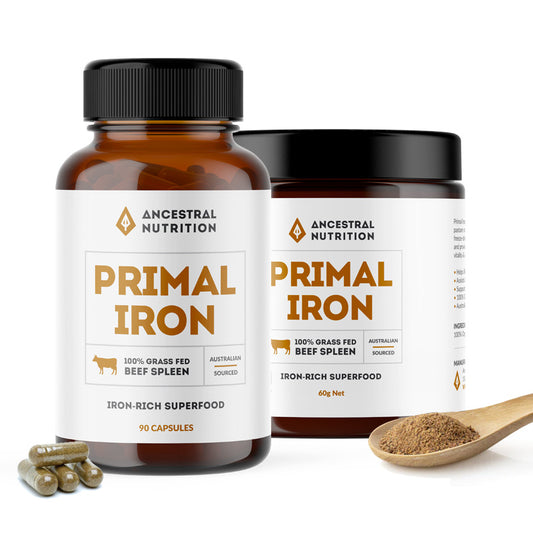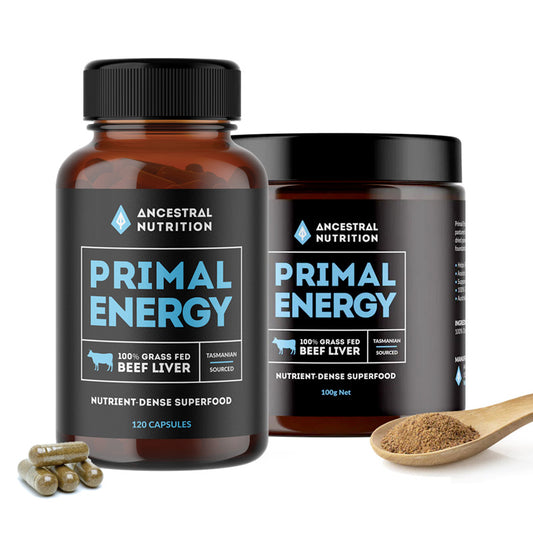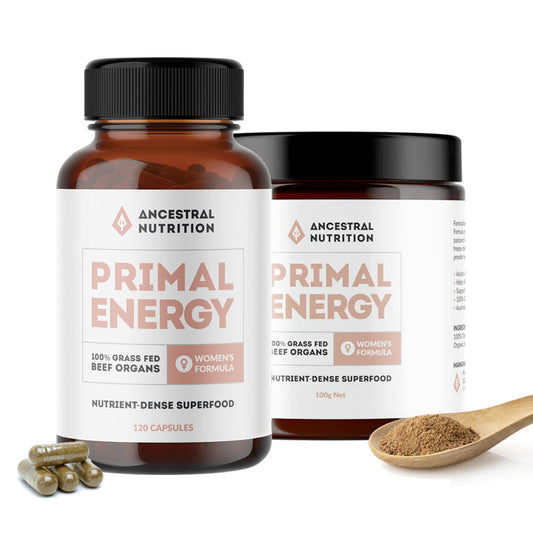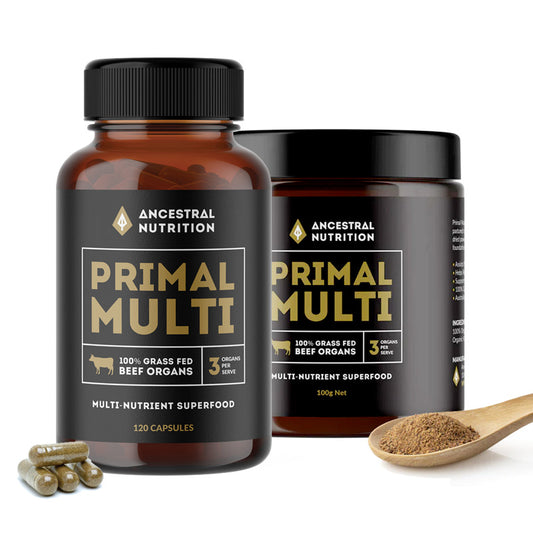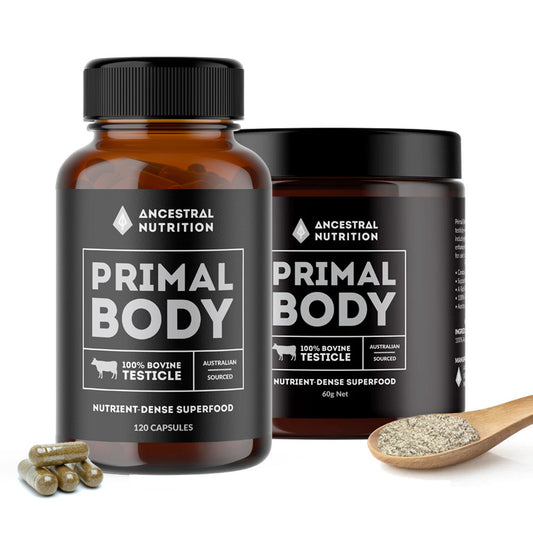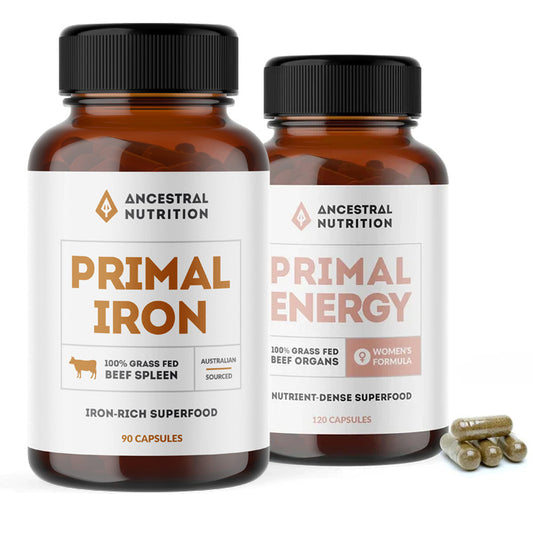The Power of Selenium: A Vital Nutrient for Everyday Wellbeing
article by Ancestral Nutrition

In the world of nutrition, some minerals quietly play essential roles in maintaining everyday health. One such trace element is selenium. Though often overlooked, selenium contributes to numerous body processes including antioxidant support, immune health, and normal thyroid function. This article explores selenium’s importance, five selenium-rich foods, and how beef kidney can be a valuable whole food source.
Understanding Selenium and Its Role in the Body
Selenium is a trace mineral found in soil, and its presence in foods depends heavily on the local environment. It is a component of selenoproteins—enzymes that support key body functions. One such enzyme, glutathione peroxidase, helps protect cells from oxidative stress.
Selenium contributes to:
- Supporting antioxidant activity
- Assisting immune function
- Supporting the production of thyroid hormones
These functions are part of general health maintenance, and ensuring a balanced intake of selenium can support overall wellbeing.
Top 5 Food Sources of Selenium
- Brazil Nuts: Brazil nuts are one of the richest natural sources of selenium. Just one nut can provide more than the daily requirement, so moderation is key.
- Seafood: Fish like tuna, salmon and halibut, and shellfish such as oysters and shrimp, are rich in selenium. These foods also provide omega-3 fats and other important nutrients.
- Beef Kidney: Organ meats like beef kidney are naturally high in selenium and other nutrients such as B vitamins, vitamin A, and iron. For those comfortable with organ meats, they can be a nutritious addition to a balanced diet.
- Sunflower Seeds: These small seeds provide selenium, healthy fats, and important minerals. They are an easy way to boost nutritional intake throughout the day.
- Spinach: As a leafy green, spinach contains modest amounts of selenium along with other plant-based nutrients.
Everyday Benefits of Selenium
Selenium contributes to:
- Protecting cells from oxidative stress
- Supporting immune system activity
- Assisting normal thyroid hormone production
While selenium deficiency is uncommon in Australia, ensuring adequate intake supports normal physiological function.
How to Safely Include Selenium in Your Diet
Most people can meet their selenium needs by enjoying a varied and balanced diet. Adults typically require around 55 micrograms per day. As Brazil nuts and organ meats are rich in selenium, they should be consumed in moderation.
Including foods like beef kidney can be a helpful way to support whole food nutrient intake. Choose high-quality, grass-fed sources wherever possible.
Freeze-Dried Beef Organs as a Convenient Food-Based Source
For those who prefer not to prepare organ meats, freeze-dried beef organ supplements can offer a simple way to include these foods in your diet.
Our supplements are made from 100% grass-fed cattle raised on Tasmanian pastures. They are:
- Freeze-dried to help preserve nutrient content
- Non-defatted, retaining natural fat-soluble nutrients
- Free from added hormones, antibiotics, and GMOs
These capsules provide a convenient whole-food option for those seeking to support their nutritional intake as part of a healthy diet.

